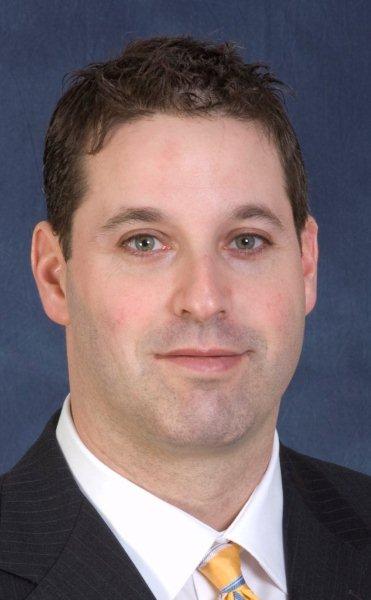- Home
- About Us
- The Team / Contact Us
- Books and Resources
- Privacy Policy
- Nonprofit Employer of Choice Award

 In this article, we’re going to spend some time talking about your audience. If you are in the field of corporate engagement (fundraising or corporate sales) and you don’t know who your audience is, it’s time to find out. And FAST!
In this article, we’re going to spend some time talking about your audience. If you are in the field of corporate engagement (fundraising or corporate sales) and you don’t know who your audience is, it’s time to find out. And FAST!
Let’s start with a typical engagement conversation with a corporate prospect:
FUNDRAISER: Each year, over 4,400 Canadians die because they suffer from XYZ Disease. It is also the fourth largest killer of Canadian children under the age of 14.
CORPORATE PERSON: Wow. Nods head in agreement.
FUNDRAISER: And this disease costs the Canadian health care system more than $14B each year. That number is rising.
CORPORATE PERSON: Amazing. I had no idea.
The fundraiser interprets these nods as an acknowledgement of interest in your cause and this corporate person may in fact truly care. But it’s far more likely that they just heard the same pitch earlier that morning. It’s also far more likely they are conceiving ways of politely ending your meeting.
I don’t mean to be crass here. Well, maybe I do but so what. But in the previous four articles, we explored some of the motivations behind corporate giving and I’ll save you the trouble of looking back on those articles. Caring isn’t one of them. Corporations don’t give a damn about your cause. They don’t care because they can’t care.
Again, this statement comes with no value judgement. I am not anti-corporatist in any way although admittedly, I probably run left of centre when it comes to social and economic issues. Corporations can, and do, play a critical role in modern society and they touch us, often very positively, on a daily basis. But care they do not. And the sooner you understand that, the better equipped you will be to engage them.
What is your most important asset to a corporation? More often than not, it’s your audience. And what do I mean by audience? Essentially, it’s all of the folks who engage in some way with your organization. Your volunteers, Twitter followers, newsletter recipients and community partners are all part of your audience. So too are your donors. If you know your audience well, you’re positioned to engage corporations, even if your audience isn’t a large one. If you don’t know your audience, you won’t get very far.
Case in point. I was talking to a colleague who’s a senior executive at a prostate cancer organization. Their audience isn’t huge but it’s a focused and engaged one. Most of their donors and stakeholders are men over the age of 45. Prostate cancer affects all men – rich and poor; white and black; urban and rural. One in seven Canadian men will be diagnosed with prostate cancer. That’s not a small number.
Now this audience of middle age and old men won’t appeal to everyone. Companies that make or distribute products or services to women don’t care about prostate cancer. Again, I’m being crass but by now you probably know what I mean. Their audience is not served by the prostate cancer organization.
So who cares about this audience?
I’ll tell you who cares: Rolex, Mercedes-Benz and Cross Pens care. So does Harry Rosen, Harley Davidson and Tommy Bahama. What do these brands have in common? They all target middle aged men as users of their products. And if you’re a prostate cancer organization, you have the unique ability to speak to this audience. In this respect, working with this prostate cancer charity is no different than purchasing ads on Monday Night Football (or other shows with large audiences of older men).
If you know your audience well, corporations who share an interest in that audience will be clamoring to partner with you. And yes, it is actually that simple.
This is the fifth in a series of articles on Corporate Giving and about how corporations think about their community investments and how they make financial investments in the charitable sector. Brad Offman is Founder and Principal of Spire Philanthropy and former Senior Vice President, Strategic Philanthropy at Mackenzie Investments. Brad is also former President of the Mackenzie Investments Charitable Foundation and Managing Director of the Mackenzie Charitable Giving Fund. Prior to joining Mackenzie, Brad served as Vice President, Development at the Toronto Community Foundation. Brad is currently on the Board of CANSOF Foundation and the Association of Fundraising Professionals (AFP) Toronto. He is a member of the National Advisory Council for Imagine Canada. Contact Brad at brad@spirephilanthropy.com